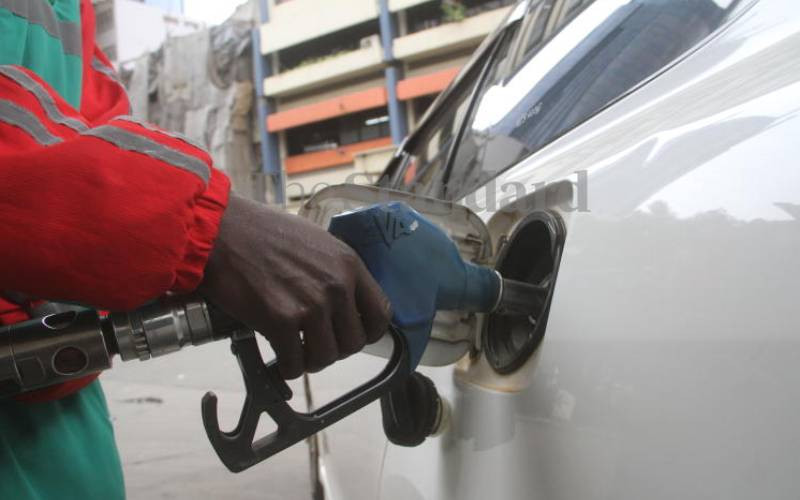×
The Standard e-Paper
Home To Bold Columnists

The high cost of petroleum products continues to weigh heavily on consumers, who have reduced their usage of super petrol over the first quarter of this year.
Consumption of diesel has, however, registered a marginal increase.







